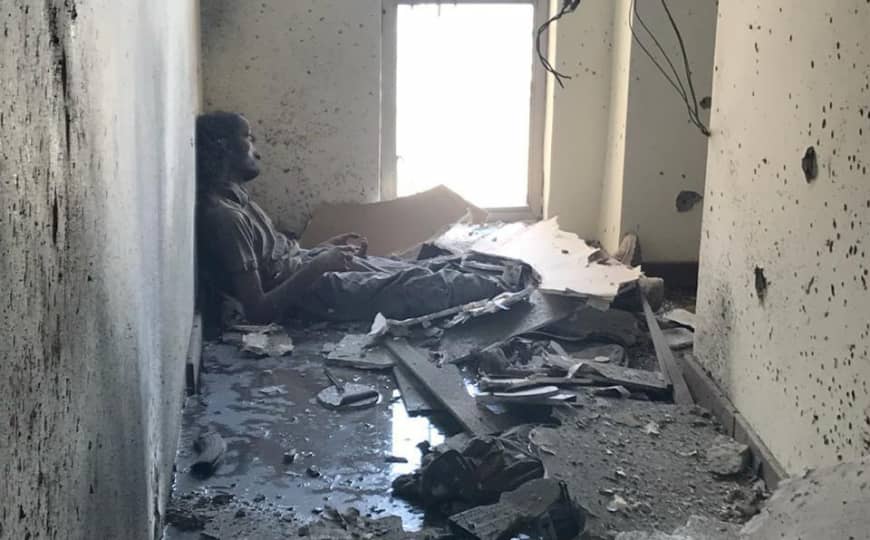On Saturday, May 11, 2019, four gunmen stormed the luxury Pearl Continental hotel in the heavily-guarded city of Gwadar, a port-city that Pakistan has been long advertising as the “safest” in ensuring China’s success with its Belt and Road Initiative (BRI), all thanks to the host country’s uptight security measures.
The media-savvy operation, claimed by the Baloch Liberation Army (BLA), continued for 24 hours with locals reporting heavy gunfire being heard until late next afternoon.
The attackers not only managed to engage Pakistan army’s top trained special forces deployed there, but also planted IEDs on different floors and door exits, forcing the army to bomb its way through new entrances into the hotel.
The Director General of Army’s media wing Maj. Gen. Asif Ghafoor was found on Twitter next day sharing pictures of a motorcycle crash victim as one of his commandos “martyred” in the attack and that no “words were enough…”.
Local news channels in Pakistan aired pictures of Balochistan missing persons’ lookalikes as perpetrators of the attack. In one case, an ex-university student who matched both a name and half a face with one of the attackers, was shocked to discover his photo trending viral in the country as one of them. So much so that him being alive was not enough to prove that he was not killed in the attack.
The news of the attack made world headlines, not only stunning key regional and international players but also earning the tag of a long-running insurgency rather than the usual low-level term often used by international media when describing the conflict.
The only non-Pakistani news channel that praised the Army for “successfully foiling the attack” was Turkey’s TRT TV, which was quick to point out the swift response, a claim that not even the Chinese media seemed interested to report.
This time, unlike in previous events, China did not bother to thank Pakistan for that or any matter, a growing indication of souring relations between Beijing and Islamabad following the security events of the past few months.
But that did not stop China’s CPEC man in Pakistan Mr. Lijain Zhou to tweet out the Western media’s “double standards”, particularly referring to French news agency AFP as “biased” for their news story on Gwadar attack.
With all the attention it received, the massive scale of international press coverage of Gwadar attack certainly depicted the general world opinion about China as nothing short of negative and anger.
Meanwhile, addressing the Chinese media on Friday, DG ISPR Asif Ghafoor had some old explanations to offer:
“China-Pakistan-Economic-Corridor (CPEC) is a living example of the deep-rooted friendship between the two countries and Pakistan is fully determined to ensure the security of the project.” Mr Ghafoor told a room full of Chinese journalists.
But if exertions were to be considered, the BLA’s message was louder: “The Baloch people are not happy with China’s investment in Balochistan and there’s nothing that Pakistan can do about it”.



